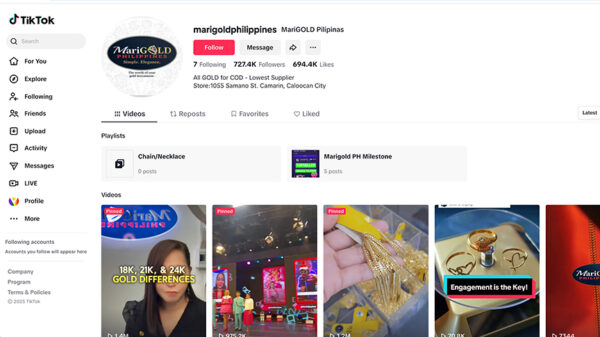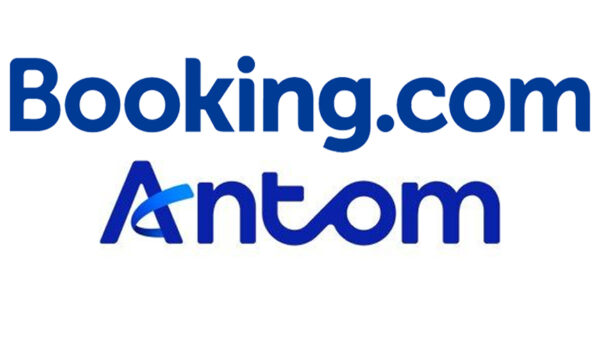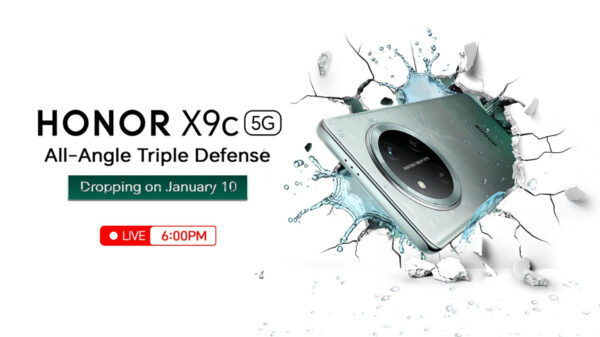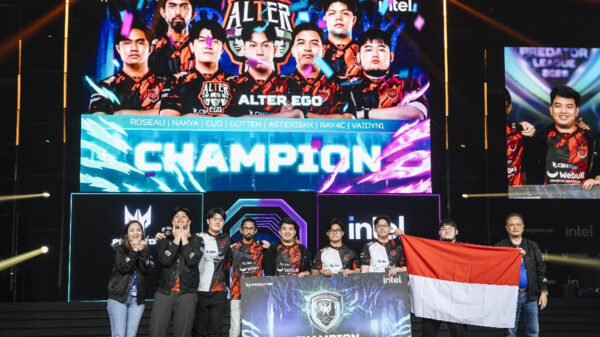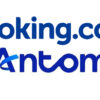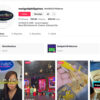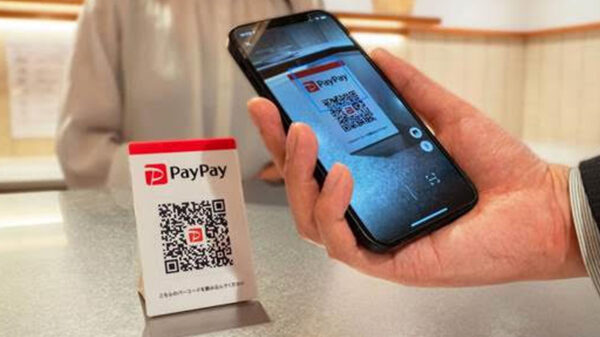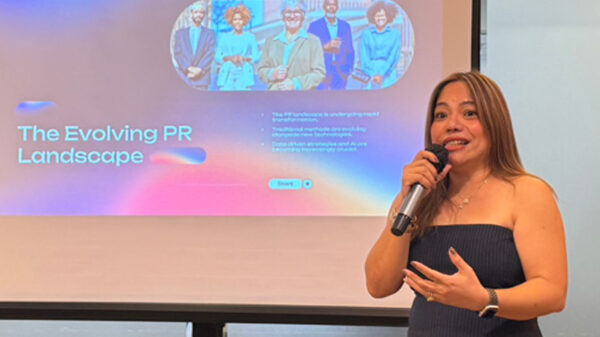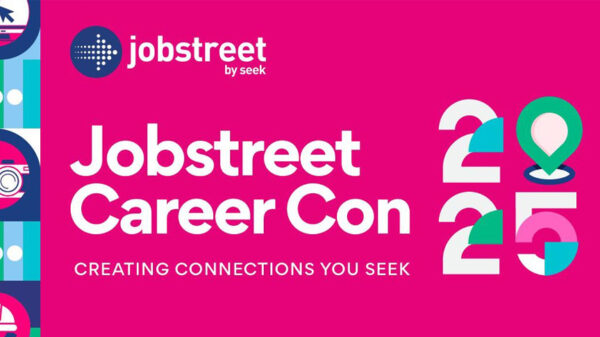Several public and private schools have opened their doors to students earlier this year for face-to-face classes. This accounts for 25.61% of 23,230,898 enrollees in public schools and with only 5.47% of the total number of enrollees in private schools, as stated by Former DepEd Secretary Leonor Briones.
This August, many more schools in the country are implementing the return of face-to-face classes. While this presents a progress away from the pandemic, it also imposes many challenges in learning gaps for students and how teachers and schools must adapt to this change.
What are learning gaps?
Learning gaps are the inconsistencies between what a student knows and what he or she should have known by a specific point in their education. When COVID hit, students were forced to immediately adapt to online classes. The past two years brought about heightened concerns for the gaps experienced by learners.
To make face-to-face classes work, there is a need to extensively prepare students so that they can cope with the pacing for their new lessons in their respective grade levels.
A Call-to-Action for a Better Face-to-Face
Earlier this June, the Department of Education launched its Basic Education Development Plan (BEDP) 2030 in hopes of alleviating the problems left by the pandemic. The first phase of the program includes addressing access gaps and streamlining different key areas of educational development for students such as reading and numeracy.
To accomplish this, students must have optimized access to learning opportunities such as exposure to world-class E-learning content, assessments, and pedagogy. With these, students can master the competencies that are aligned with DepEd’s BEDP 2030.
Teachers may help reinforce their students’ learning by adapting to the dynamics of limited and full face-to-face classes, and increasing teaching effectiveness through new tools and teaching methodologies.
Shaping the Plans in Private Schools and Boosting Enrollment
To make BEDP 2030 sustainable, for the next phase, different learning innovations and initiatives must happen. A great option and partner for schools to address these challenges is Frontlearners, Inc., an E-learning content and teaching solutions provider.
In its implementation of a free Bridging Program for Math, Science, and English over the academic break, Frontlearners, Inc. aims to assist schools and teachers to help their students gain the foundational knowledge to be ready for their next grade levels.
Besides offering effective E-learning tools, Frontlearners, Inc. also provides direct support to schools in helping teachers reinforce students’ competencies, and achieve international standards through proven effective methodologies aided by technology.
Through these, students can be better equipped and ready for the academic year and help private schools boost enrollment rates.
Traversing through a Better Philippine Educational Landscape
Frontlearners, Inc. helps schools latch on to the government’s long-term plan while they prepare teachers for effective teaching with a focus on maximizing educational competitiveness for students in the months ahead.
The key to success in navigating a fine-tuned Philippine educational environment lies within the commitment of different leaders and institutions for change in the system by providing students with access to quality education and refining teaching methods.
To learn more about Frontlearners, Inc. and how they can assist private schools to boost enrollments and drive student competencies, visit https://frontlearners.com.

